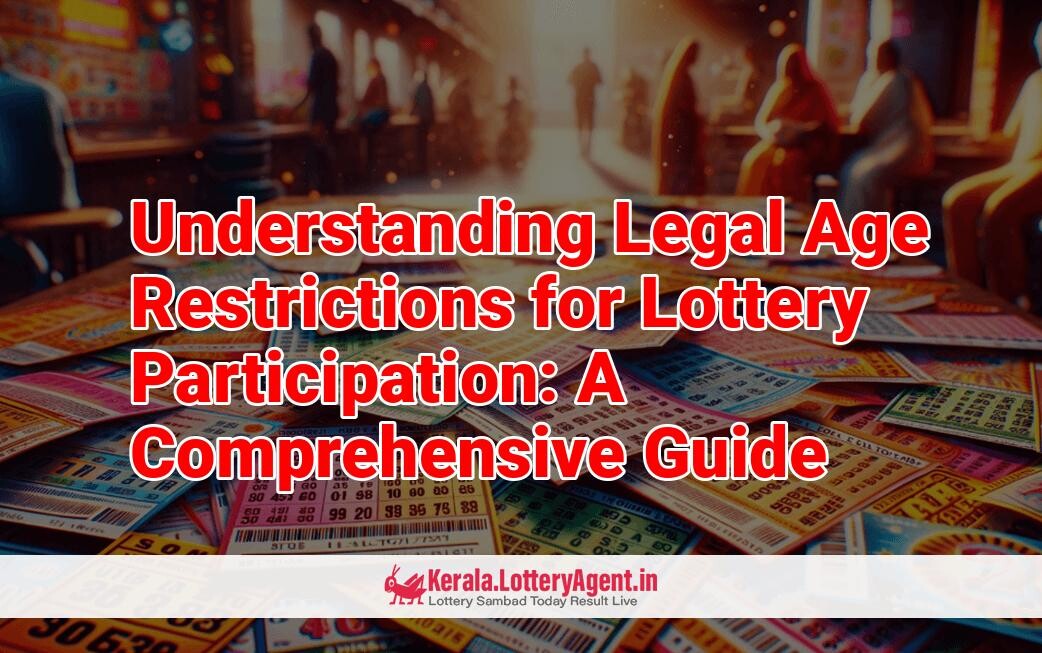
The allure of potentially winning a life-changing sum of money has made lotteries a popular form of entertainment worldwide. However, there’s a crucial eligibility criterion that one must meet to participate: the age requirement. Not everyone is legally allowed to purchase lottery tickets and partake in the game of chance. Each state or country determines its own legal age limit, and it’s imperative to be aware of these rules before attempting to play.
The majority of U.S. states have set the minimum age for lottery ticket purchases at 18 years. Nevertheless, there are exceptions, such as Arizona, Iowa, and Louisiana, where individuals must be over 21 years old to play. Nebraska is an outlier with a legal age requirement of 19 years. These laws vary in order to safeguard the youth from the potential risks associated with gambling, which include addiction and financial mismanagement.
Early exposure to gambling activities like the lottery can lead to compulsive behaviors and irresponsible fiscal decisions, particularly in younger players who lack maturity and financial understanding. Age restrictions serve as preventative measures, deterring young individuals from engaging in gambling activities prematurely. These laws also protect against predatory practices by lottery operators who might otherwise exploit youthful players.
Individuals aspiring to indulge in the lottery must adhere to the age restrictions in their state of residence, as ignoring these boundaries can result in serious legal consequences. It’s possible to legally purchase a ticket from another state with lower age requirements. For example, while an 18-year-old cannot participate in the online Powerball lottery in Louisiana, they are eligible to play in Texas.
The use of online lottery sites like TheLotter, LottoAgent, or Lottofy has made it easier for players to access lotteries from different states. Through these platforms, players can buy tickets from the comfort of their homes, without the limitations imposed by their geographical location.
The enforcement of the age requirement is strict, and penalties for minors attempting to purchase lottery tickets can be severe, ranging from fines to community service, or in some cases, criminal charges. Retailers are obligated to verify the age of purchasers through acceptable identification documents such as passports, ID cards, or driver’s licenses. Sellers who fail to comply and distribute lottery tickets to underage players face legal repercussions, including Class A misdemeanor charges, which may lead to fines or even imprisonment.
The financial implications for underage lottery players are substantial. Young gamblers are prone to impulsive spending and may be uninformed about the risks involved in gambling. Consequently, they risk not only overspending on lottery tickets but also falling into debt to sustain their gambling habits. Additionally, should a minor miraculously win a sizable prize, they cannot legally claim their winnings due to age verification procedures in place by lottery organizers.
The lifelong consequences of gambling from a young age are critically highlighted, as such early patterns of behavior can evolve into problematic gambling in adulthood. Over-attachment to gambling thrills can result in a compulsive need to gamble, often at the expense of other important life aspects like education or career.
To condense the vital points addressed, one must be at least 18 years old to buy a lottery ticket in most instances—this varies by location. These laws are established by governments to protect youth from the hazards of gambling, and flouting these can entail significant repercussions. Awareness of one’s local age restrictions is key to staying within the legal bounds of lottery participation. Adhering to age requirements is not only about compliance with the law but also about ensuring lotteries remain a secure and enjoyable pastime for those legally permitted to engage.
Anyone seeking further insights into the intricate laws governing online lotteries can delve into the legal guide for purchasing lottery tickets online. This complements the understanding of legal gambling ages across various jurisdictions, emphasizing the necessity for responsible and lawful lottery engagement.











